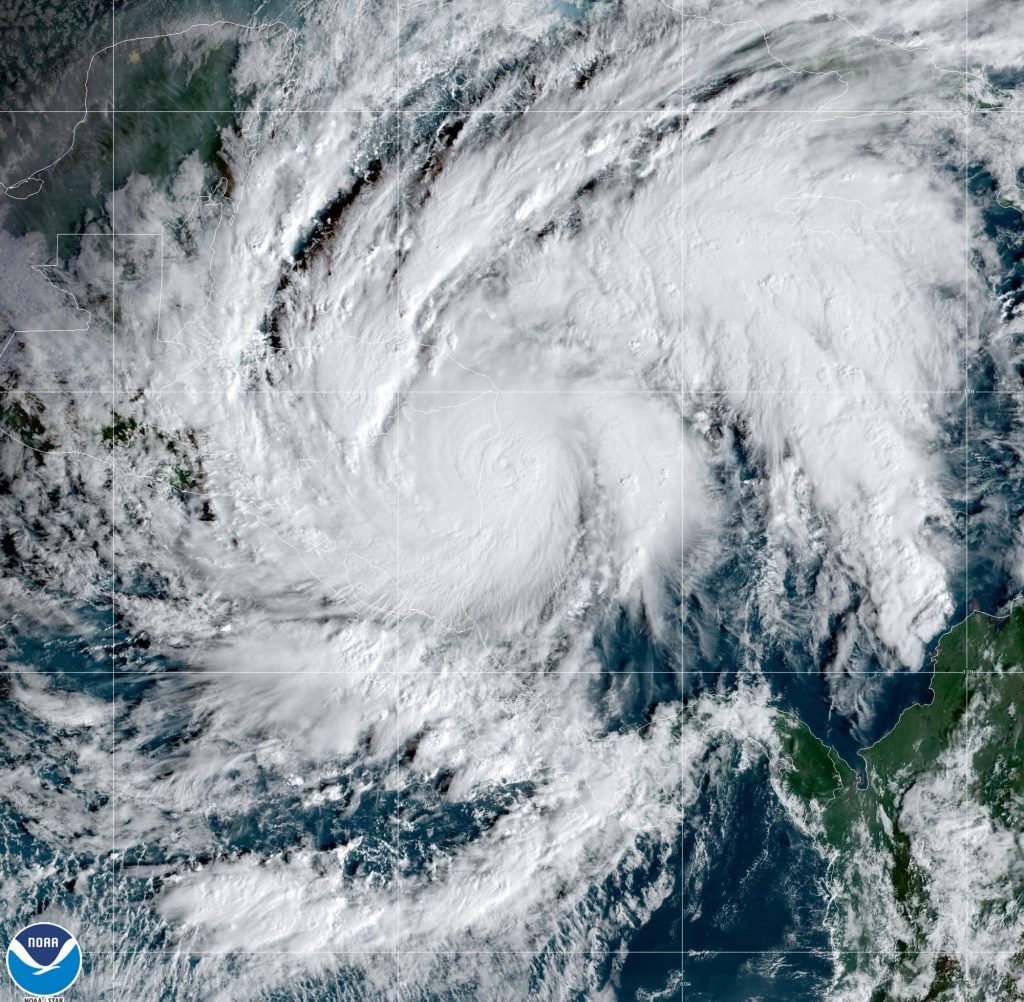The National Oceanic and Atmospheric Administration (NOAA), a critical agency responsible for monitoring weather, climate, and oceans, faces potential funding threats and structural changes under the current administration. Recent reports indicate that representatives from the Department of Government Efficiency (DOGE), reportedly linked to Elon Musk, visited NOAA headquarters, requesting access to the agency’s IT systems, including those of the National Weather Service (NWS). This action mirrors a similar incident at the U.S. Agency for International Development (USAID), where access denial resulted in leadership being placed on leave and widespread staff removal. Concerns have been raised about the intent behind these visits, with speculation ranging from data security breaches to preparations for privatization or downsizing, aligning with proposals from conservative think tanks like The Heritage Foundation. The potential implications of these actions are far-reaching, impacting weather forecasting, disaster preparedness, and scientific research.
The visit by DOGE representatives to NOAA raises significant concerns about the future of the agency and the crucial services it provides. Former NOAA officials and experts have voiced anxieties regarding potential funding freezes and restructuring, citing the potential for significant harm to public safety and scientific advancement. NOAA’s data and forecasting play a vital role in protecting lives and property from natural disasters, supporting industries like fishing and shipping, and informing climate change research. Disrupting these services could have dire consequences, leaving communities vulnerable to extreme weather events and hindering the ability to address long-term climate challenges. The lack of transparency surrounding DOGE’s actions and intentions further amplifies these concerns, adding to the uncertainty surrounding NOAA’s future.
Project 2025, a blueprint developed by The Heritage Foundation for reshaping the federal government under a Republican administration, advocates for dismantling parts of NOAA and privatizing the NWS. While the current administration has not explicitly endorsed Project 2025, several recent appointments and actions appear to align with its recommendations. This has fueled speculation that the DOGE visits may be part of a broader effort to implement these proposals, raising concerns about the potential impact on data accessibility, the quality of weather forecasting, and the long-term viability of NOAA’s crucial research programs. The administration’s nominee for the Department of Commerce, which oversees NOAA, has stated opposition to separating the agency, but the actions of DOGE suggest a different direction, creating confusion and concern among NOAA employees and the public alike.
The potential privatization of the NWS raises concerns about access to vital weather information. Experts argue that privatization could lead to a paywall for data currently freely available, hindering public access to critical weather forecasts and potentially compromising public safety. Furthermore, the focus on profitability by private companies could prioritize serving paying customers over providing essential public services, creating disparities in access to critical weather information and potentially exacerbating the impact of extreme weather events on vulnerable populations. The potential consequences of privatizing such a critical service warrant careful consideration and public discussion.
The controversy surrounding NOAA underscores the broader debate about the role of government in providing essential services and conducting scientific research. Supporters of NOAA emphasize the agency’s crucial role in protecting lives, supporting economic activities, and advancing scientific understanding of the Earth’s systems. They argue that privatizing core functions of NOAA could undermine these critical missions and create unacceptable risks to public safety and the environment. On the other hand, proponents of privatization argue that it could lead to greater efficiency and innovation, potentially improving the quality and delivery of weather services. This debate highlights the complex trade-offs involved in balancing public and private interests in the provision of essential services.
The future of NOAA remains uncertain, but the recent actions of DOGE, coupled with the broader political context, suggest significant changes may be on the horizon. The potential consequences of these changes, including funding cuts, restructuring, and privatization, could have profound impacts on weather forecasting, disaster preparedness, and climate research. The lack of transparency surrounding DOGE’s actions and the administration’s long-term plans for NOAA adds to the anxiety and uncertainty surrounding the agency’s future, emphasizing the need for open dialogue and public engagement to ensure that critical public services and scientific endeavors are protected. The concerns raised by former NOAA officials, experts, and advocacy groups highlight the potential risks associated with these proposed changes and underscore the importance of careful consideration and public scrutiny as the future of NOAA unfolds.










